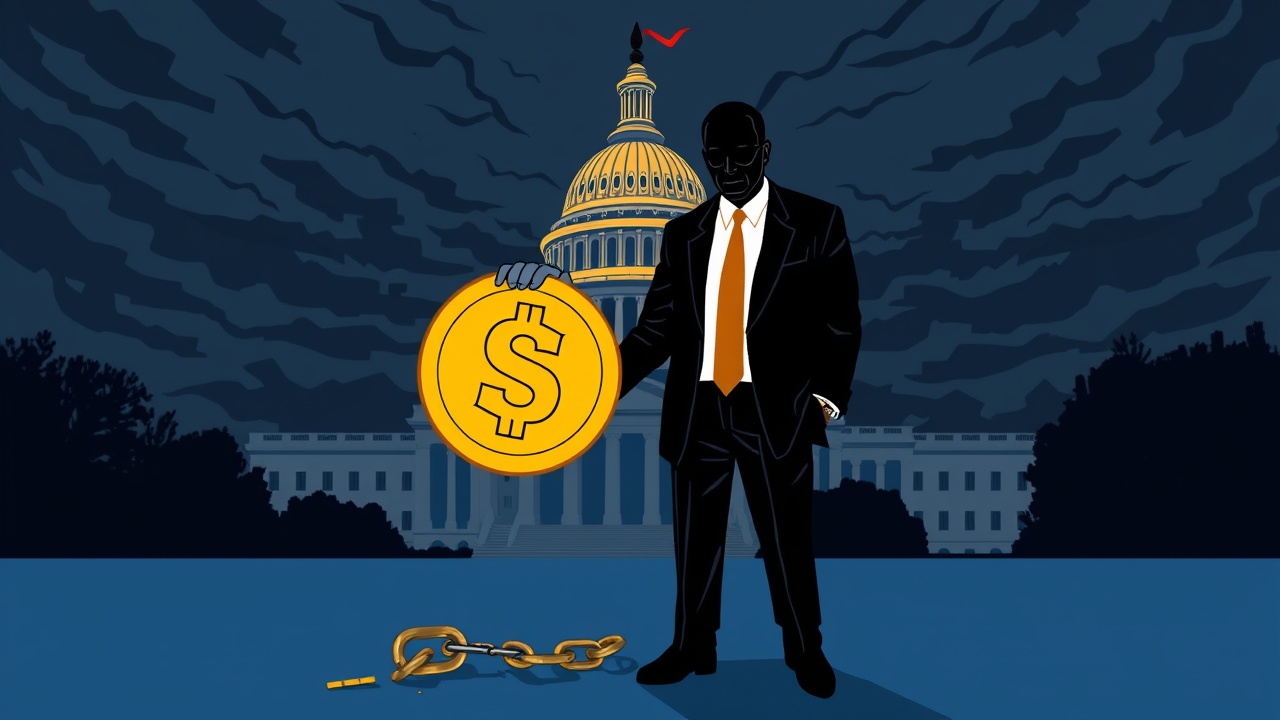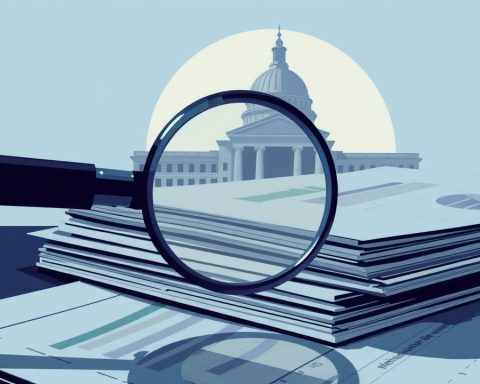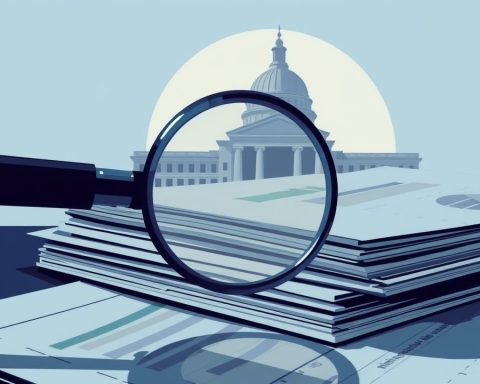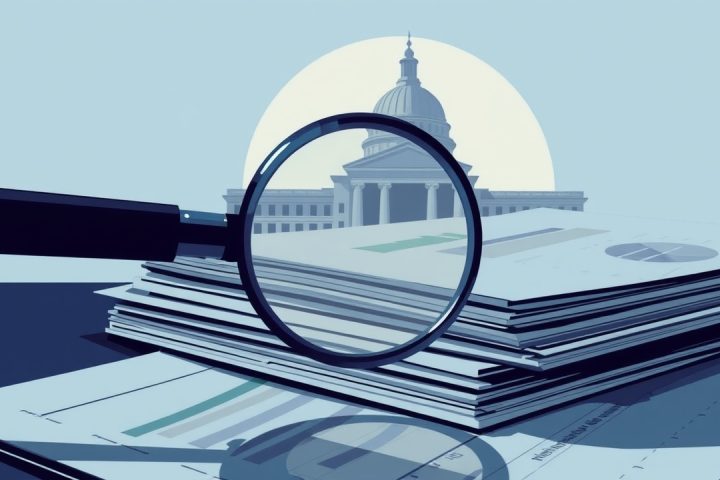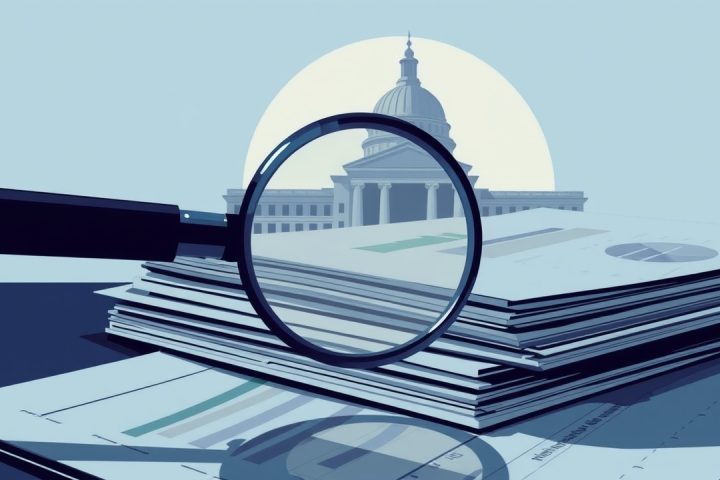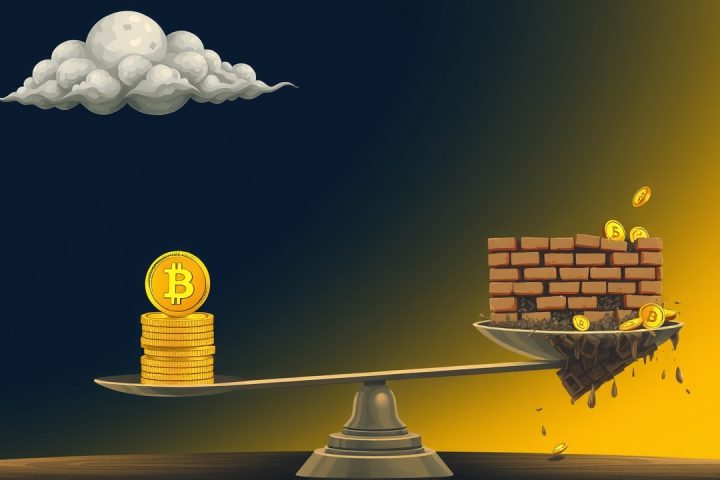Concerns Over Former President Trump’s Involvement in Cryptocurrency
In a recent interview with investment platform Saxo, former Republican congressman Adam Kinzinger expressed significant concerns about former President Donald Trump’s engagement in cryptocurrency markets. He warned that Trump’s pro-crypto activities could facilitate unprecedented levels of corruption within American politics. Kinzinger’s critical remarks come at a time when there is a surge of interest in digital assets, fueled by hopes that cryptocurrency could soon achieve mainstream acceptance.
Potential Misuse of Cryptocurrency
Kinzinger, who is known for his vocal opposition to Trump and has a background as an Air Force veteran, highlighted the potential misuse of cryptocurrency for corrupt political practices during the interview. He elaborated on the implications of legislative efforts to create a more favorable environment for cryptocurrencies. As government regulators and lawmakers push for comprehensive legislation, Kinzinger questions whether these measures might unintentionally benefit Trump’s business ventures.
Corruption Risks and Lack of Transparency
He highlighted a particularly troubling scenario: a major investment in a Trump-related cryptocurrency by a Chinese investor coexisting with a federal investigation involving Trump’s crypto dealings. Kinzinger underscored this as an alarming signal of corruption, arguing that it could erode trust in democratic institutions. He asserted that the essence of cryptocurrency, intended for untraceable transactions, is at odds with the need for transparency in governance.
Kinzinger remarked, “When you look at how cryptocurrency originated, it was meant as a means of payment that was untraceable. Now it has transitioned to a speculative commodity. While Bitcoin might hold some intrinsic value, lesser-known digital currencies, or ‘memecoins,’ lack real value, often becoming just avenues for profit. The rise of these coins leads to questions about integrity in investments. Cryptocurrency, especially under the shadow of political figures involved, raises concerns about corruption.”
The Need for Regulation
He further explained the dangers of cryptocurrency, stressing that it could serve as a tool for illicit activities, potentially undermining democratic ideals. Kinzinger fears that the current administration may be leaving a legacy of corruption, exacerbated by the anonymity that cryptocurrency offers. He called for the establishment of regulatory measures that balance investor protection with the original intent of cryptocurrencies—while creating safeguards against corruption in public service.
Conclusion
As discussions surrounding cryptocurrency regulations continue, Kinzinger’s warnings echo throughout the political landscape, raising critical questions about accountability and the integrity of the market. His comments serve as a reminder that while innovation in finance can lead to significant opportunities, it also necessitates prudent oversight to prevent exploitation and maintain public trust in the democratic process.

